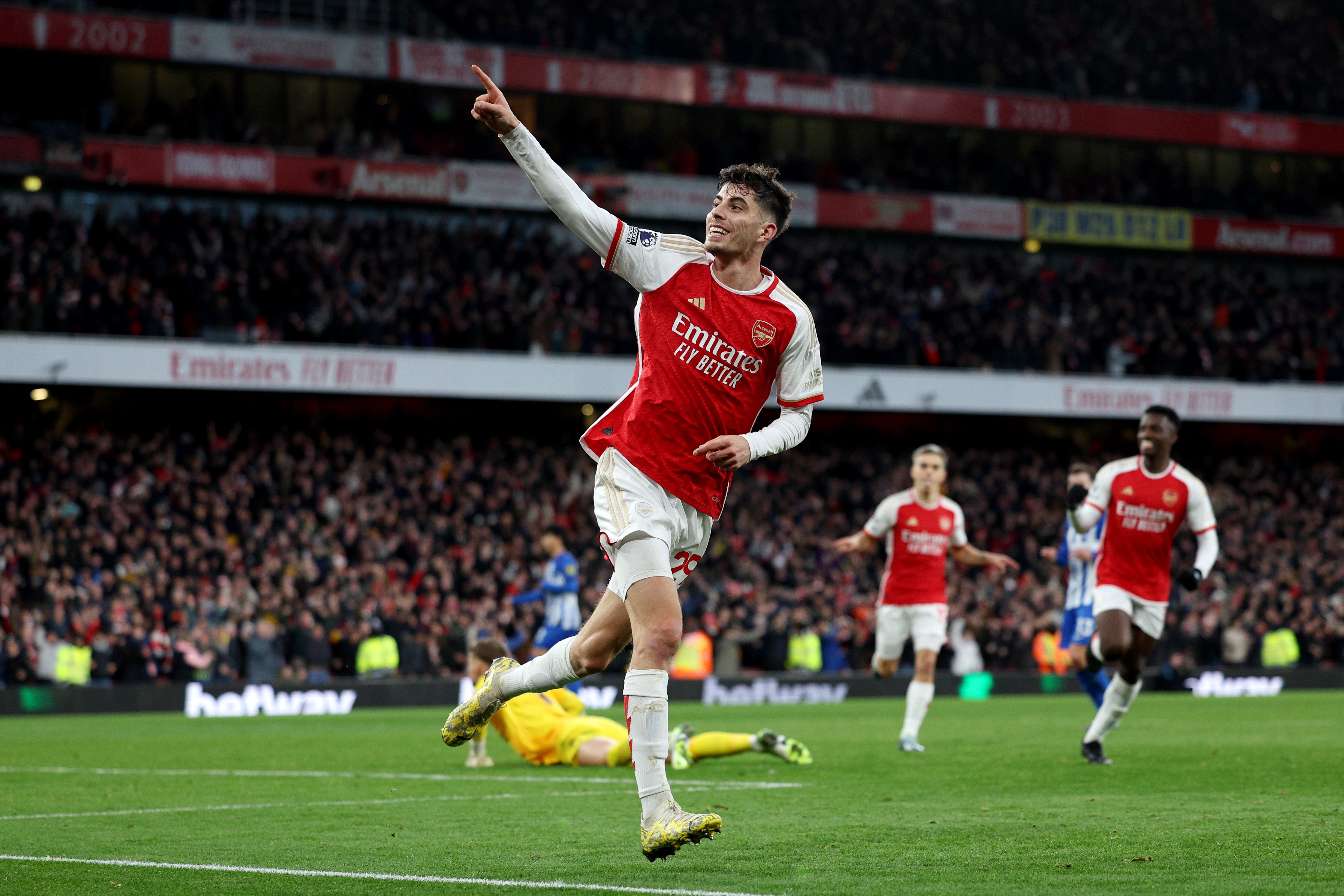Why the Premier League is so quiet in the January transfer window
Spending is down compared to the last two years, with Eddie Howe bemoaning a lack of response from rivals, while Tottenham have been one of the few busy clubs in a waiting game around the league and Europe overall

Your support helps us to tell the story
From reproductive rights to climate change to Big Tech, The Independent is on the ground when the story is developing. Whether it's investigating the financials of Elon Musk's pro-Trump PAC or producing our latest documentary, 'The A Word', which shines a light on the American women fighting for reproductive rights, we know how important it is to parse out the facts from the messaging.
At such a critical moment in US history, we need reporters on the ground. Your donation allows us to keep sending journalists to speak to both sides of the story.
The Independent is trusted by Americans across the entire political spectrum. And unlike many other quality news outlets, we choose not to lock Americans out of our reporting and analysis with paywalls. We believe quality journalism should be available to everyone, paid for by those who can afford it.
Your support makes all the difference.As Eddie Howe intimidated last week, Newcastle United have had a few unanswered calls in this transfer window. They’re not the only club to be encountering silence, though. It has been the general theme of the Premier League’s transfer window.
There has so far only been £31.5m spent by the competition’s clubs, at least going by the published figures. That is less than 10 per cent of the £345m spent by this date in last January’s window and just over half of the £56.5m at the same stage in 2022.
This shouldn’t be taken as a lament for the lack of spending, since it should be seen as a good thing that the game isn’t completely conditioned by money. Clubs should be encouraged to find more purely football solutions.
It is just that it’s still a surprise that we haven’t seen more of a surge, especially given so many managers have had debilitating injury lists, as well as the factors that influenced the last few windows. The Premier League is awash with money. The Saudi Pro League last summer caused the biggest inflation since Neymar’s move to Paris Saint-Germain in 2017.
It is precisely that excess, however, that has caused constraint now.
The Premier League’s domination of international broadcasting and commercial interest has meant there is almost no money to spend in any of the other major leagues. Most clubs are treading water.
There are only a handful of exceptions this January. Lazio and Atalanta have a little bit to spend in Serie A. Paris Saint-Germain have considered pursuing a left-back. Barcelona want a low-cost central midfield option, potentially even a loan.
Virtually all others are waiting for a big Premier League bid to even think about spending. The English competition is to the rest of Europe what the Saudi Pro League has become to England.
That’s where the taps might be turned on.

Except, it is precisely because Premier League clubs have spent so much in the last few years that they are now spending so little. Many are close to profit and sustainability (P&S) limits. Among the most prominent are Chelsea, Manchester United, Arsenal, Aston Villa and Newcastle United, all of whom want to spend. There’s even been a multiplying effect from previous windows because transfer fees had been pushed so high. That makes it even more difficult for any prospective buyers this window to do business.
Those in the industry meanwhile believe that the Everton points-deduction decision has had a dampening effect. While that isn’t to say clubs would have been willing to risk the rules, it has conditioned a much greater caution.
The bigger question from that is what exactly these clubs have done with all the money spent so far. Especially with United and Chelsea. There has been so much waste at both. Chelsea were of course a large driver of last January’s window – they’d already bought Mykhailo Mudryk by now – but that naturally had a chain reaction.
One effect was to move Kai Havertz out in the summer. It is similarly difficult not to wonder whether Mikel Arteta feels he should have gone for a goalscorer in the summer rather than the German. Arsenal’s only possibility for a prime forward to try and deliver the title is by selling Eddie Nketiah to Crystal Palace. But their London neighbours aren’t yet biting.

It’s almost ironic, against all that, that Tottenham Hotspur have so far been the most active club. It goes against the trends of so many previous windows. They’ve enjoyed flexibility while rivals have been caught in stasis. It needs one big deal to release spendable money.
Clubs might have looked to Saudi Arabia but previous excess has forced prudence there, too. Most of the foreign player allocations for this season have been filled. They will increase in the summer when we might see another market inflation, but that isn’t relevant for now. There’s even a concern that Saudi clubs are getting concerned about moving players out. Some, like Jordan Henderson, want to go. Others have been paid much more than their market value and aren’t worth it.
It has left Premier League clubs instead looking inside the division but that might have fostered another factor. There’s an understandable feeling that it will be all of Luton, Sheffield United and Burnley that go straight back down.
That has meant there isn’t the same rush. It has influenced the manager market, too. Clubs in the bottom half of the table aren’t feeling the pressure in the way they usually do, especially compared to seasons when bigger fish like Leicester City and Leeds United would have been down there. That’s a significant tranche of clubs not spending and not moving.

It also goes the other way. The bottom three are more prepared for relegation to build again. They don’t want to take the risk of getting one or two players in on Premier League wages to try and keep them up when the maths suggest they might be relegated. It is better to look to the longer term. That’s especially the case for Luton, who are probably ahead of schedule in reaching the Premier League.
The next few weeks might still have some impact. Clubs will have a better sense of their squads after this quasi-January break, when the hope is injuries will have cleared. It might force a bit more late activity. The likelihood there’s at least one club that decides to push it. That could affect others.
It’s already going to be nowhere near last January, though. That is probably for the better of the game, even if managers get frustrated about incomplete squads.



Join our commenting forum
Join thought-provoking conversations, follow other Independent readers and see their replies
Comments